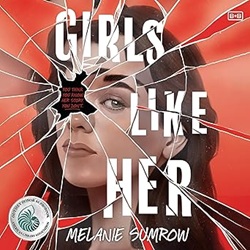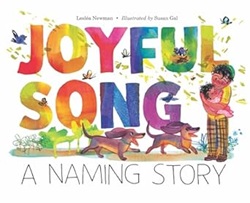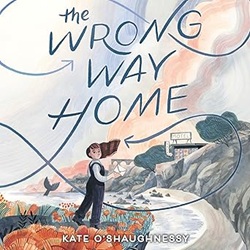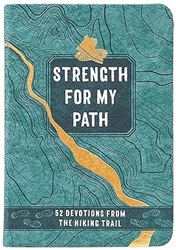Review of Library Girl, by Karen Henry Clark, illustrated by Sheryl Murray
How Nancy Pearl Became America’s Most Celebrated Librarian
by Karen Henry Clark
illustrated by Sheryl Murray
Little Bigfoot (Sasquatch Books), 2022. 32 pages.
Review written January 25, 2023, from a library book.
Starred Review
I’m a librarian — it’s no surprise I love this picture book biography of Nancy Pearl, the most famous librarian in America (with an action figure!).
This colorful picture book doesn’t give a traditional biography, but does tell a story about Nancy’s life — how she wished she could go to the school library on the weekend, and was told about the public library.
Nancy loved books and loved horses. She’d ride to the library on her bicycle, which she pretended was a horse. The librarians there loaded her up with horse books. But because kids at school teased her about liking books so much, she’d read under a table and try to hide her passion.
But then the librarians asked her to talk with other kids about her favorite horse books. This book tells us how scary that was for her — but ultimately was her first book talk, and the one that turned her into a librarian.
I love this book in every way — with the one tiny exception that the list of her awards at the back does not mention the 2001 Allie Beth Martin Award from the Public Library Association for excellence in sharing her knowledge of books with others. It’s the same award I won in 2019, so I feel a special kinship with Nancy Pearl after I found out we both won the same award.
KarenHenryClark.com
sasquatchbooks.com
Find this review on Sonderbooks at: www.sonderbooks.com/Childrens_Nonfiction/library_girl.html
Disclosure: I am an Amazon Affiliate, and will earn a small percentage if you order a book on Amazon after clicking through from my site.
Disclaimer: I am a professional librarian, but the views expressed are solely my own, and in no way represent the official views of my employer or of any committee or group of which I am part.
What did you think of this book?









